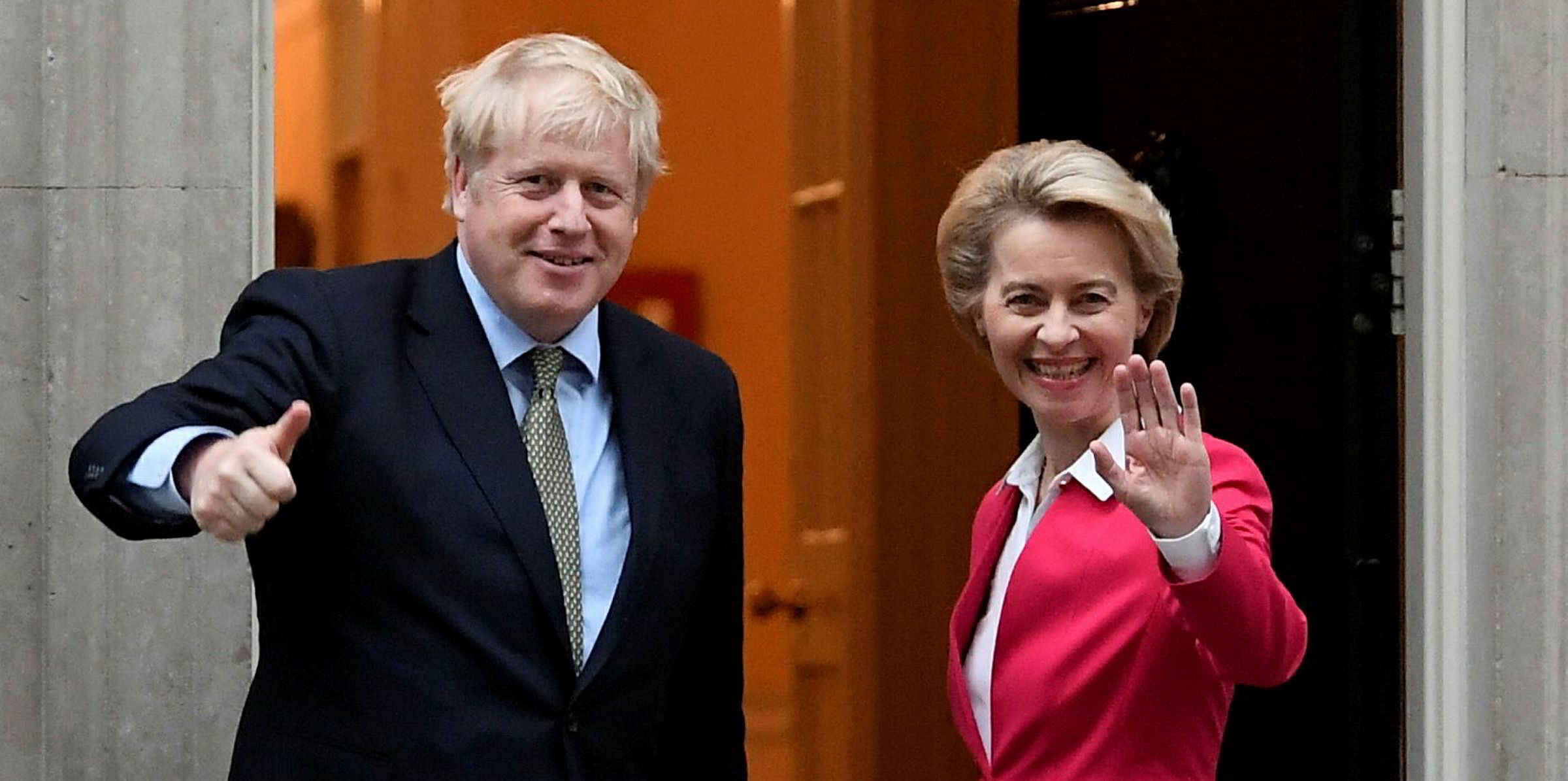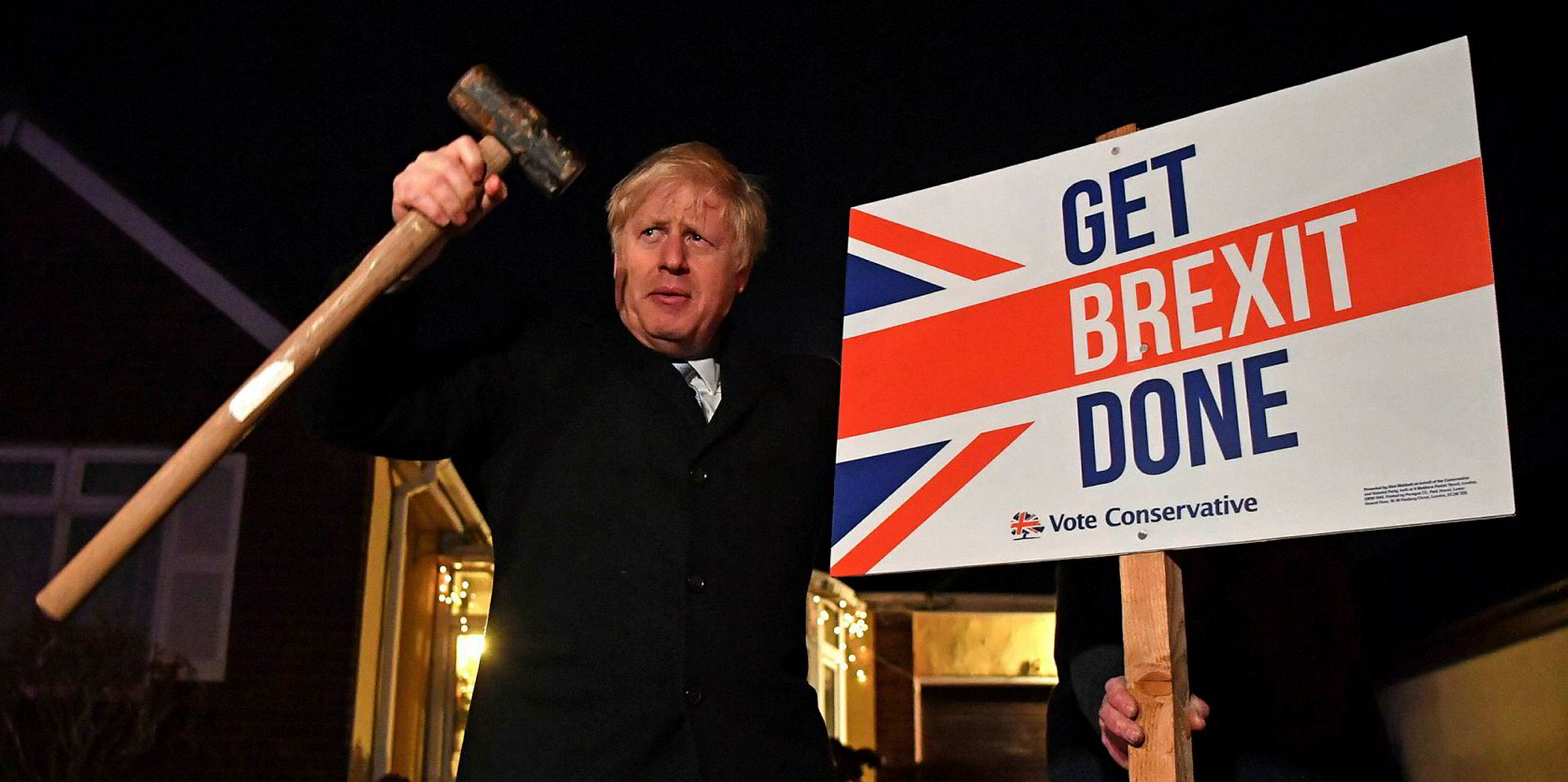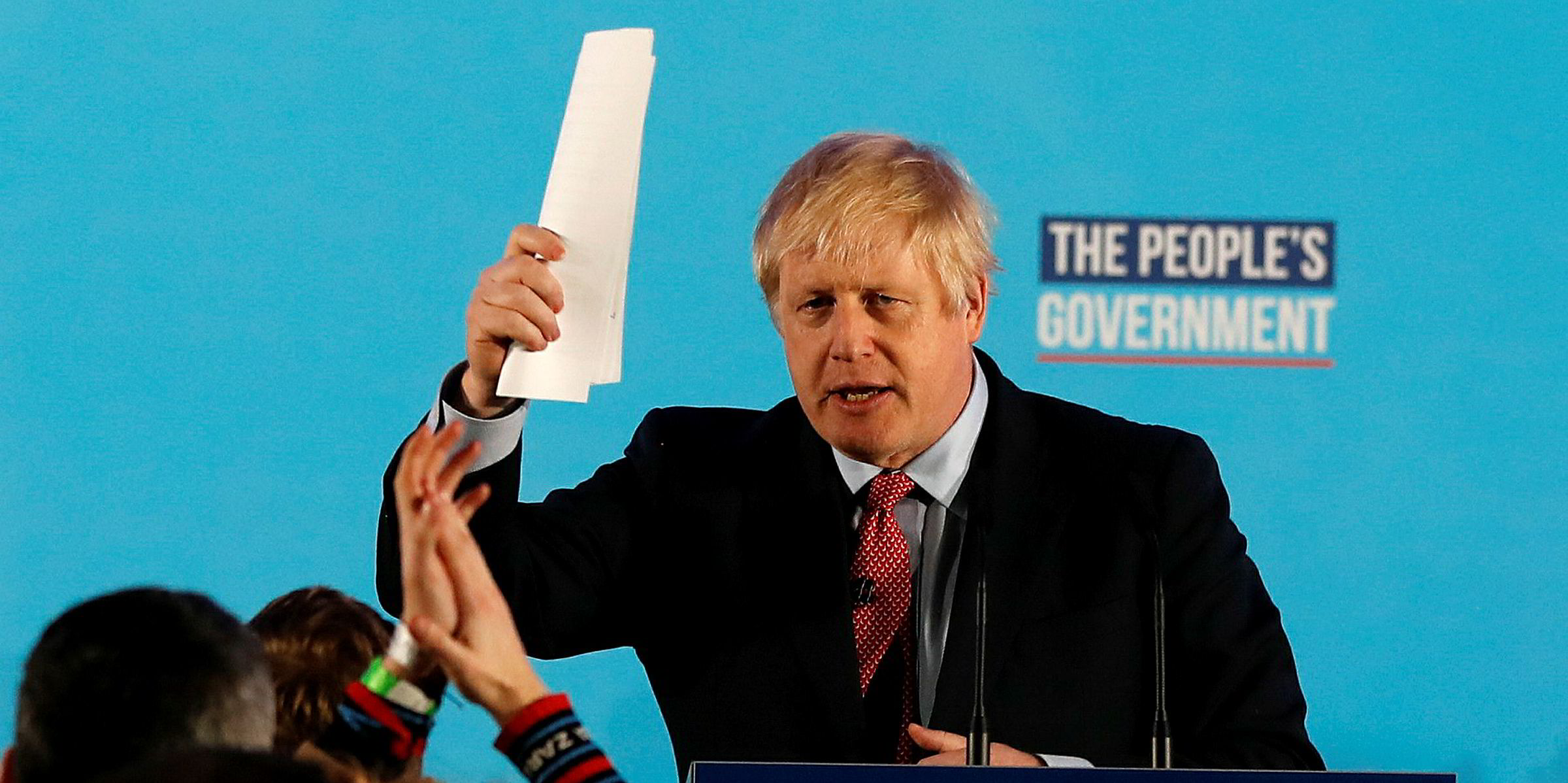It’s probably best to see Brexit, which passes into law tonight at 11pm (31 January), partly as an act of religious faith.
The true-Brex-believers will celebrate what they see as a return of sovereignty and lost dignity to a once Great Britain.
For some, that enhanced sense of nationalism — plus the end of the European Union diktats, such as the free movement of labour — may be enough.
Britain will once again stand on its own two feet and its innovative, can-do spirit will be unleashed to recreate the great trading nation of Victorian times, Prime Minister Boris Johnson and others believe.
This is the vision contained in the Brexit blueprint book Britannia Unchained: Global Lessons for Growth and Prosperity.
It was written in 2012 by several ministers serving in the cabinet, including Priti Patel, Dominic Raab and Elizabeth Truss.
It is full of glib free-market stuff about taxes being too high, regulations too heavy and British workers too lazy.
But it has fed some of the ideas behind those Brexiteers who dream of a new Singapore-on-Thames.
The real problems of wider Britain are much more complex. They include an over-centralisation of political power in London, low public spending on infrastructure and research, a lack of a national economic plan, an over-reliance on the City of London and low productivity in manufacturing.
Brexit may not affect any of these.
For many critics, leaving the EU is an act of economic self-harm, built on delusions of imperial exceptionalism and fed by lies from unscrupulous populists.
In the meantime, Brexit is done but not done, with current EU rules applying to Britain for the next 11 months.
For many critics, leaving the EU is an act of economic self-harm, built on delusions of imperial exceptionalism and fed by lies from unscrupulous populists
In that time, the UK must try to tie up a trade agreement with Europe, the UK’s biggest market, or “crash out” onto World Trade Organization rules.
Alongside this — or instead of this — Johnson hopes to forge new deals with the US and other major global markets.
Sterling suffering
It remains unclear whether any of these deals will be done and that is why the pound is continuing to trade low, at 2016 levels, on the currency exchanges.
Crashing out next December with no EU deal is still one of the events that worries global equity and commodity markets.
It also affects the wider global shipping markets, but failure remains most potentially severe in the short term for local ferry and port operators in Dover and around the coast of Britain.
Will the booming British (but foreign-owned) car manufacturers stay here if they cannot export tariff-free to the EU, where they sell the bulk of their vehicles?
Will the massive financial services sector in the City of London remain pre-eminent if the UK and EU cannot agree trade terms?
Brussels has made clear it will not sign up to anything unless London promises not to undercut regulations and working arrangements.
Yet Savid Javid, the UK’s top finance minister, said last week “there will not be [regulatory] alignment, we will not be in the single market and we will not be in the customs union”.
Meanwhile, can Johnson tie up a major deal with Donald Trump without being forced to open up the National Health Service to US drug companies and agree to chlorinated chicken imports that the British public do not want?
Britain unchained
There could be lots of upheaval ahead, but probably relatively little that will unhinge Britain’s maritime core: the charterers, brokers and legal services in the City of London.
And there could be a new wave of optimism if, as he predicts, Johnson does manage to square all the political and economic circles.
There has been upbeat talk about the potential for Britain to lead the marine field in clean technology, automation and digitalisation.
And the government has promised to level up countrywide spending to help the depressed northern regions.
This could involve fast-tracking free-trade zones and new port-infrastructure projects.
So, let's at least bring Singapore to Southampton, Sheerness and Sunderland rather more than to the overheated South East and Thames region.
The irony is that if Britannia is to be unchained, it needs to be released from the constraints of London, not Brussels.







